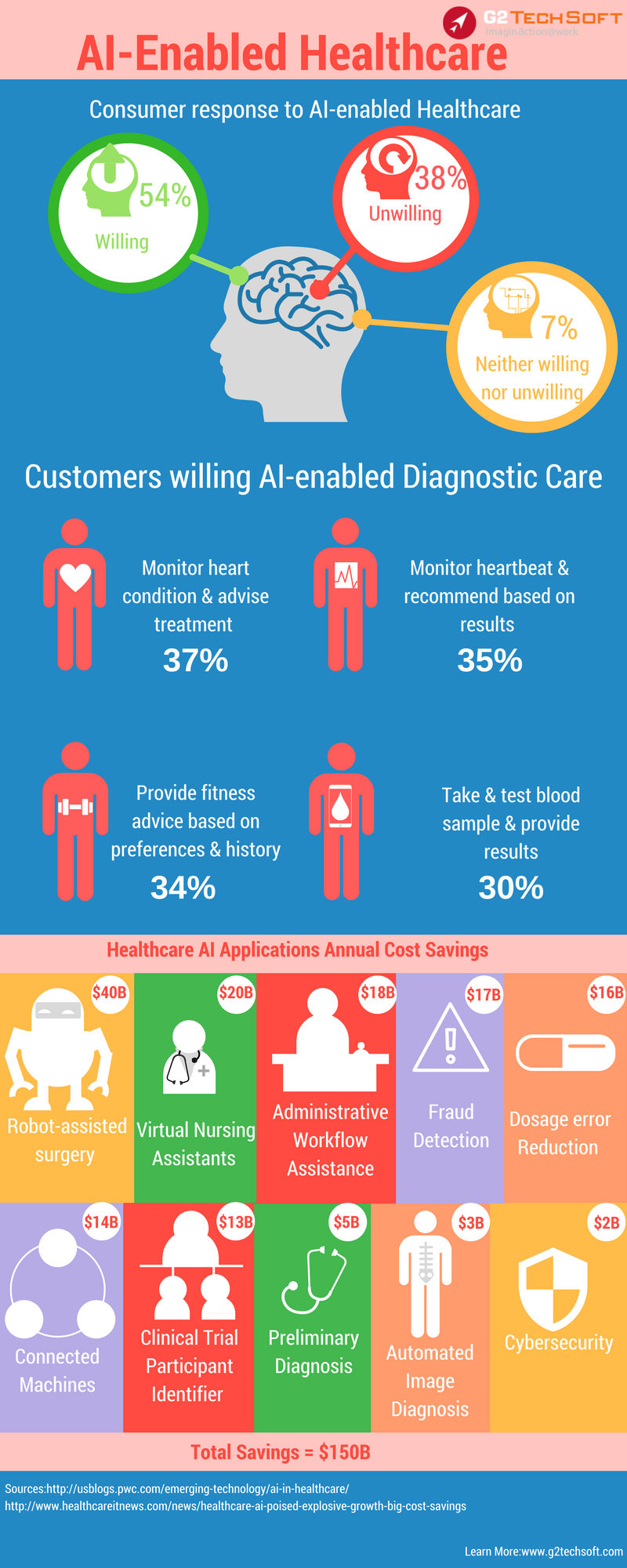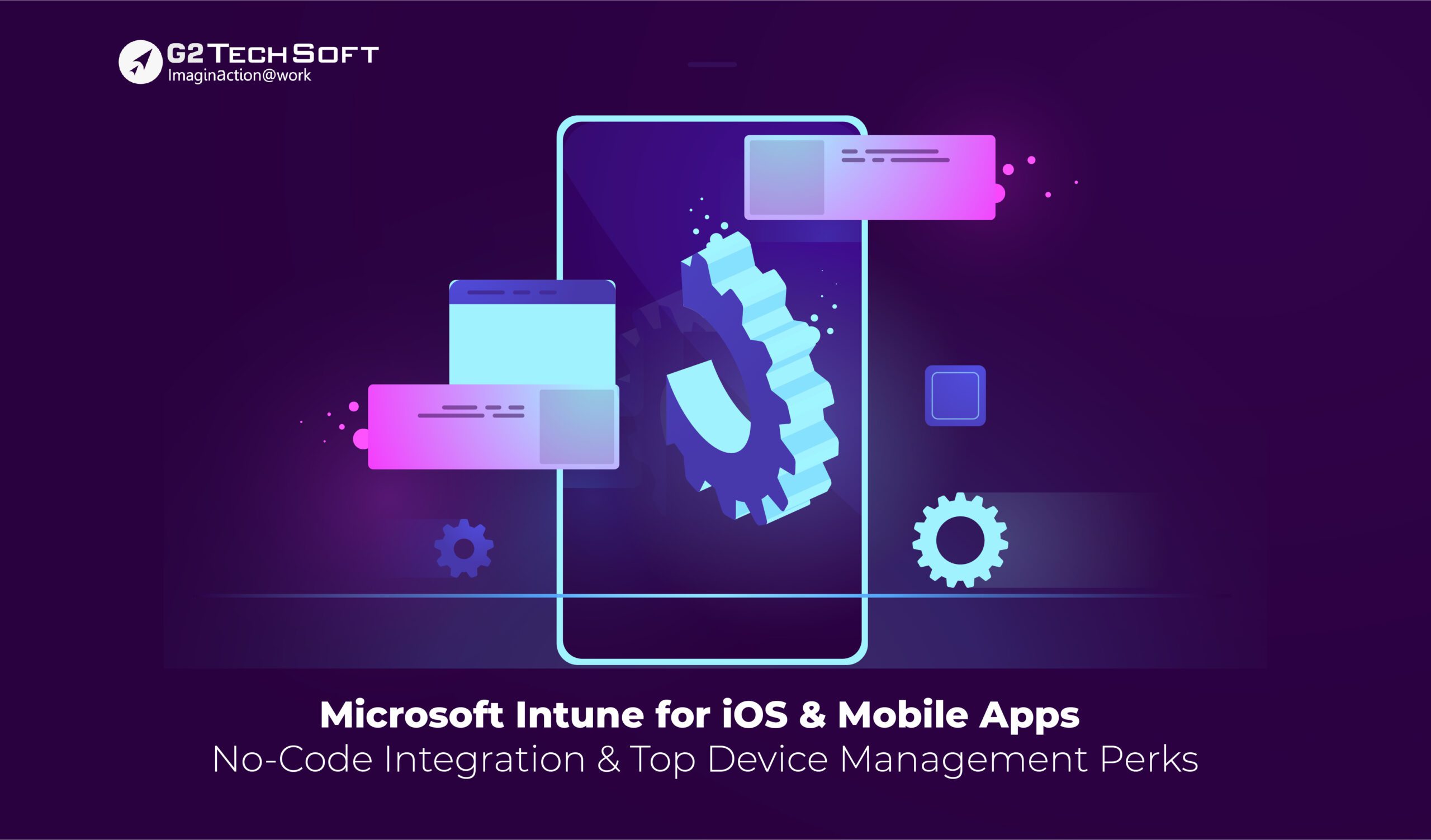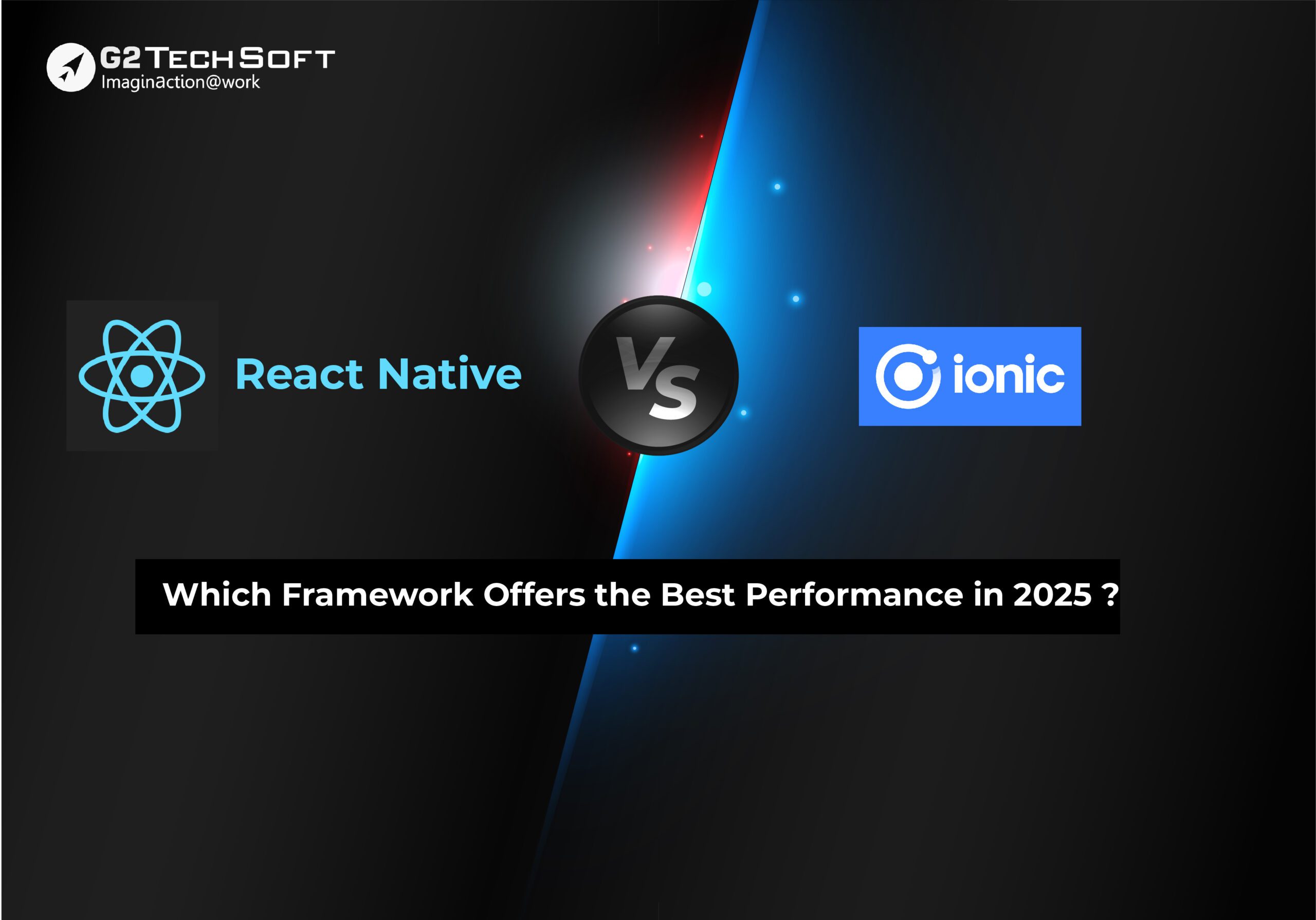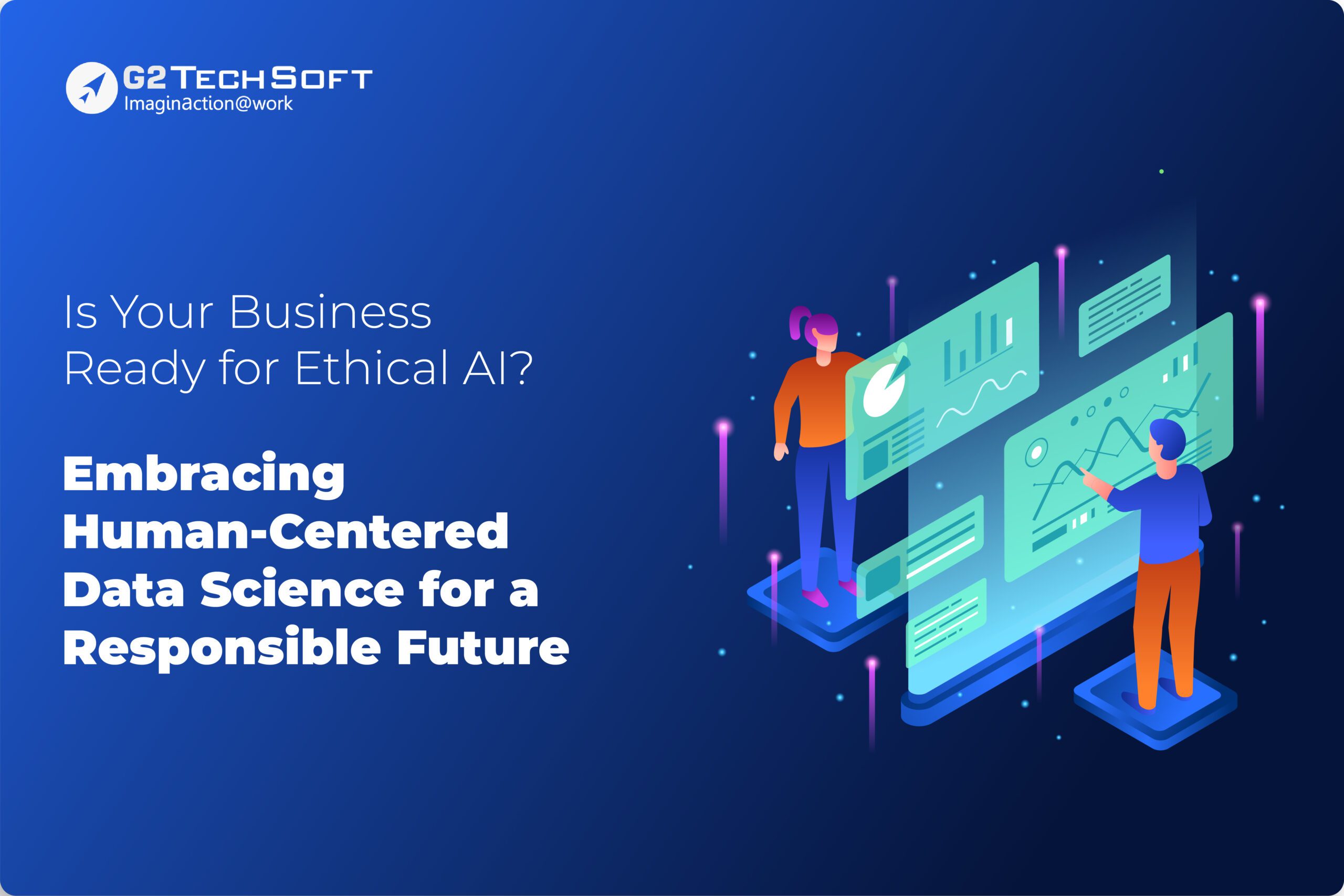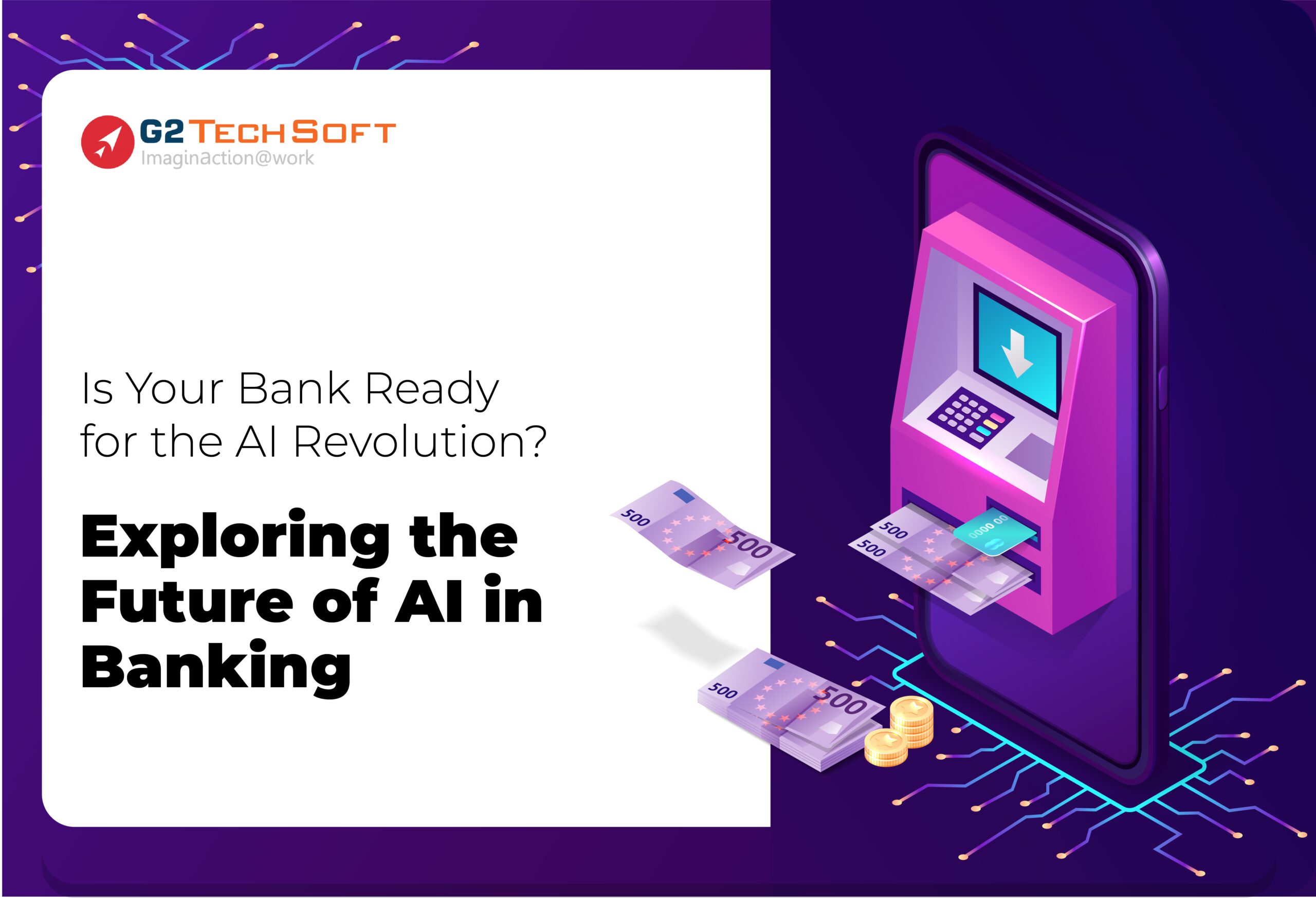Artificial Intelligence Reignites Healthcare Engine
Modernized Healthcare finds a new dimension of growth with the launch of AI-based applications that allow machines to perform tasks like sensing, understanding, acting, and learning. Thus AI-enhanced machines are empowered to carry out administrative and clinical healthcare functions accurately.
Legacy tools and technologies contain nothing but just algorithms or software tools that work alongside a human. But today AI can truly augment human activity by performing various complicated tasks like surgery, medical imaging, diagnosis, and risk analysis with ease and accuracy.
AI Healthcare Applications
- Mining Medical Records
- Designing Treatment Plans
- Assisting Repetitive Jobs
- Organizing in-person Online Consultations
- Health Assistance
- Medication Management
- Precision Medicine
- Drug Creation
- Analyzing Healthcare Systems
This open AI ecosystem empowers the healthcare industry, where an innumerable amount of data like patient medical records, health history, and information received from wearable health devices are analyzed to provide proactive medical attention to patients. This does not stop here, this data can also be used to design healthcare based on the patient’s needs.
While AI-enabled healthcare is a breakthrough with remarkable benefits, adopting this technology is not without considerable potential risks.
AI-Enabled Healthcare Challenges
Legacy Systems
Healthcare systems that are not digitalized form as a roadblock for AI adoption. Legacy systems dealing with paper documents must undergo a digital transformation for smooth adoption of AI. Moreover, getting doctors and patients trained in order to use AI systems is another challenge that requires education.
Demands in Regulations
FDA approved AI applications alone can be applied to healthcare systems. Therefore, compliance with regulatory measures is another challenge that AI faces in the healthcare realm. The current regulations set by FDA deals only with the AI hardware and not the actual data, which poses a challenge to the health industry.
Security Constraints
Data breaches are a constant threat to healthcare. Hospitals, diagnostic centers, pharmacies, and labs constantly handle sensitive information. AI adoption has to address this main concern in order to overcome every form of human rejection, misconception, and overhyping that is prevalent among consumers.
Tech companies must develop solutions to address these concerns in order to enable smooth adoption of AI in healthcare.
